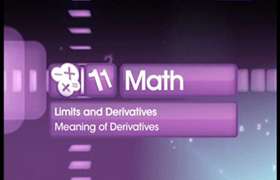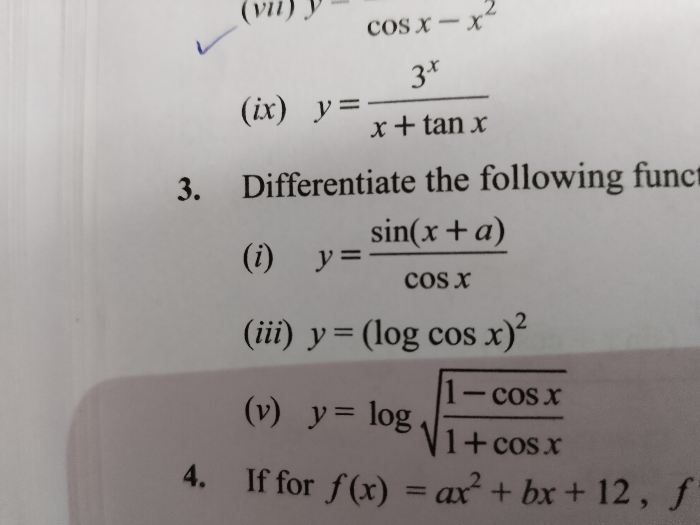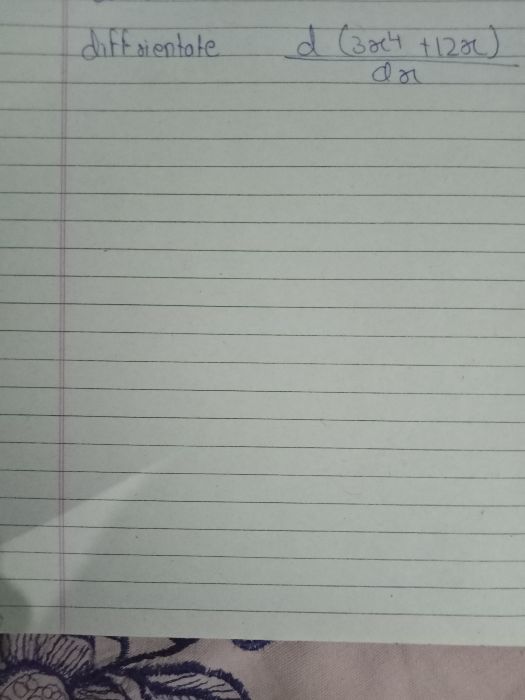CBSE Class 11-science Answered
A particle moves along a straight line such that its displacement s at any time t is zero is s=t^3-6t^2+3t+4 meters, t being in second. The velocity when acceleration is zero is
Asked by Padmasinha3578 | 14 Apr, 2019, 10:09: AM
Hint. For velocity calculate ds/dt and for acceleration differentiate velocity.
Once you equate acceleration to 0, you will get t = 2s.
Put 't=2' in the obtained derivation for ds/dt, you will get the value of velocity.
Try.
Answered by | 14 Apr, 2019, 12:39: PM
Concept Videos
CBSE 11-science - Maths
Asked by kanishkatutejasirsa | 09 Mar, 2024, 11:08: AM
CBSE 11-science - Maths
Asked by pndash1974 | 08 Nov, 2023, 08:40: PM
CBSE 11-science - Maths
Asked by itsanushkasoni | 29 Jun, 2022, 03:17: PM
CBSE 11-science - Maths
Asked by karanbora625 | 17 May, 2021, 08:39: PM
CBSE 11-science - Maths
Asked by rameshbsbdvt | 05 Aug, 2020, 11:27: PM
CBSE 11-science - Maths
Asked by basant.mishra2503 | 15 Apr, 2019, 01:01: AM
CBSE 11-science - Maths
Asked by Padmasinha3578 | 14 Apr, 2019, 10:09: AM
CBSE 11-science - Maths
Asked by Topperlearning User | 04 Jun, 2014, 01:23: PM







